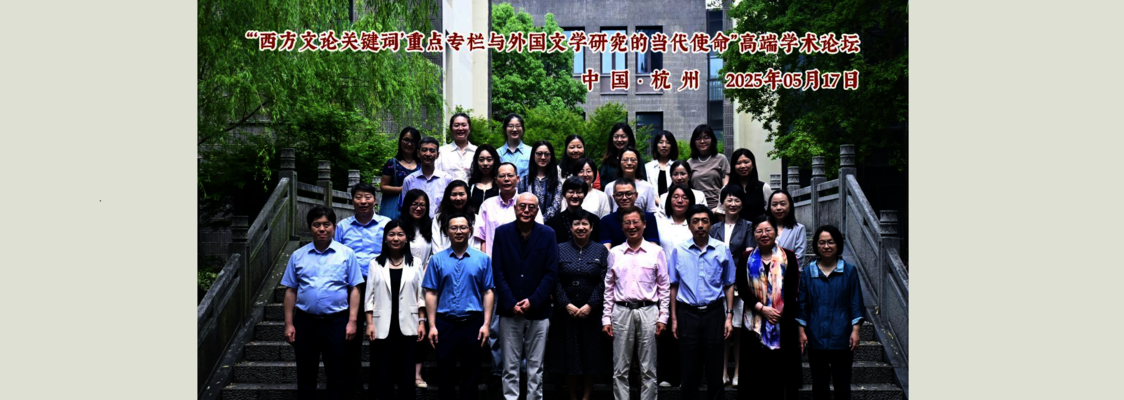- 知识传播、文化交流、文明互鉴:世界文学跨际互
- 机器翻译与人工翻译和谐共生
- 写论文要几步
- 英美文学方向论文写作方法谈
- Eastern/Western, European/Asian Dilemmas of
- 文学与图像之符号传播论
- 多学科视域下的汉语翻译文学
- 搭配强度统计方法
- 多维视野中的乌克兰语言政策与语言冲突
- 外交话语的学科建设与区域国别研究
- 新时代国别与区域研究方向的挑战、机遇与探索
- 数字人文视域下翻译研究:现状、问题与前景
- 伦理智慧与伦理选择
- M.H.艾布拉姆斯论人文主义批评
- 外事口译与翻译实践
- 人工智能与未来教育
- 苏联解体后的中俄关系:制度演化、发展动力与未
- 翻译研究学术论文的选题、写作与发表
- 圆桌论坛:风从东方来:西方艺术中的“中国风”
- 文化遗产与记忆:从过去到未来
时间:6月10日(周三)下午14:00-15:30
地点:腾讯会议(会议号:566-996-550)
主讲内容:
Albeit newcomers in Europe, Hungarians must have felt necessary to use Classical Antiquity for identity constructions. Attila, the Hun, and the imaginary Hun ancestry of the Hungarians was a useful means through which they could attach their history to the Ancient times. However, the anti-Roman, Asian, barbaric ancestry is not the only one Hungarians adopted through the centuries, since they also regarded themselves as spiritual descendants of the classical antiquity, and therefore many Hungarians regarded the classics, and especially the textual heritage in Latin, as part of the national culture. The debates about ancestry, the origin of Hungarian language, as well as the nation’s position according to the East-West divide have recently reappeared on the level of governmental policy after the apparent consensus of the 20th century. The questions of national identity were seldom independent from imperial projects. In times of defensive wars against the Ottoman Empire the western, Christian aspects (including the classical heritage) were strongly emphasized, while in periods of Hungarian expansion, as well as in those of resistance towards the Habsburgs, the focus tended to be on the warrior-like, conquering, Asiatic aspects.
主讲人简介:
Péter Hajdu is the editor-in-chief of Neohelicon, a major international journal on comparative literature studies. Member of editorial or advisory boards of six international journals on literary studies. He did extensive research in the fields of comparative literature, theory of literature, narratology, and classical philology. From 2002 to 2009 he was a member of the International Comparative Literature Association’s (ICLA) Research Committee for East- and South-East Europe, 2008-2014 he was member of the standing research committee for literary theory, and 2010-16 member of the ICLA Executive Council. 2002-2012 secretary, since 2016 president of Hungarian Comparative Literature Association. He lectured at various universities in Hungary, Czech Republic, Poland, PR China, and Japan. He has published 6 books and more than 130 papers, and presented his research achievements in more than 80 international academic conferences. Now he is distinguished professor at Shenzhen University since 2020.







